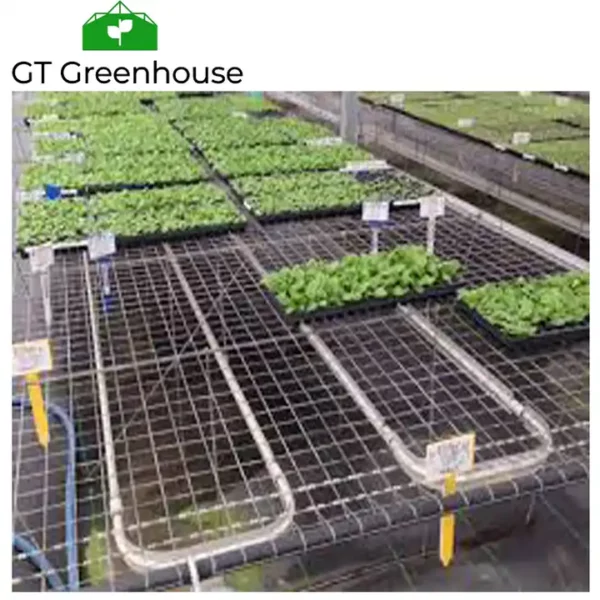UV-resistant greenhouse plastic film is a specialized material that offers significant advantages for plant cultivation in controlled environments. With its ability to mitigate the harmful effects of ultraviolet (UV) radiation, this film plays a crucial role in creating optimal growing conditions. In this article, we will explore the benefits of UV-resistant greenhouse plastic film, highlighting its impact on crop productivity, durability, and overall greenhouse performance.
I. Protection Against UV Radiation
- Prevention of Photodegradation:
UV-resistant greenhouse plastic film is designed to withstand prolonged exposure to UV radiation without significant degradation. The film incorporates UV stabilizers or additives that absorb or reflect UV rays, preventing their penetration into the structure. This protection minimizes the breakdown of the film’s molecular structure, ensuring its longevity and maintaining its desired properties. - Enhanced Crop Safety:
UV radiation can be detrimental to plant health, causing leaf burn, reduced photosynthesis, and overall growth inhibition. UV-resistant plastic film acts as a shield, filtering out harmful UV rays while allowing the beneficial spectrum of light to reach the plants. This protection promotes healthy plant growth, minimizes the risk of sunburn, and enhances crop quality and yields.
II. Improved Light Transmission
- Optimal Light Distribution:
UV-resistant greenhouse plastic film is engineered to provide excellent light transmission properties. It allows a significant portion of natural sunlight to penetrate the greenhouse, ensuring uniform distribution of light throughout the growing area. This uniform illumination promotes consistent photosynthesis, leading to balanced plant growth and improved overall crop performance. - UV Diffusion:
The film’s UV-resistant properties are often combined with light diffusion characteristics. These diffusion properties scatter the incoming sunlight, reducing shadows and hot spots within the greenhouse. By diffusing light, UV-resistant plastic film ensures more even light distribution across the crop canopy, preventing uneven growth and enhancing the utilization of available light.
III. Energy Efficiency and Climate Control
- Heat Retention:
UV-resistant plastic film helps retain heat within the greenhouse structure. It acts as an insulating layer that reduces heat loss during colder periods, enabling growers to maintain optimal temperatures for plant growth. This heat retention capability is particularly advantageous in cooler climates or during the nighttime when external temperatures drop. - Energy Savings:
The enhanced heat retention provided by UV-resistant plastic film can reduce the energy requirements for heating the greenhouse. By minimizing heat loss, growers can decrease their reliance on heating systems, resulting in cost savings and improved energy efficiency. This feature is especially valuable in regions where energy costs are high or in off-grid greenhouse operations.
IV. Cost-Effectiveness and Versatility
- Affordability:
UV-resistant greenhouse plastic film offers a cost-effective alternative to traditional glazing materials such as glass or rigid plastics. Its lower upfront cost and reduced installation expenses make it an accessible option for growers, particularly those operating on a smaller scale or with limited budgets. This affordability allows for greater flexibility in greenhouse construction and expansion. - Adaptability to Various Greenhouse Structures:
UV-resistant plastic film is highly flexible and can conform to different greenhouse designs, including curved or multi-bay structures. Its adaptability makes it suitable for a wide range of agricultural applications, from small-scale hobby greenhouses to large commercial operations. Growers can easily customize the film to fit their specific requirements, enabling efficient and cost-effective greenhouse construction.
UV-resistant greenhouse plastic film offers a range of benefits for plant cultivation in controlled environments. Its ability to protect against UV radiation, enhance light transmission, retain heat, greenhouse plastic film uv resistant and provide cost-effective solutions makes it an essential component of modern greenhouse operations. By utilizing UV-resistant plastic film, growers can create optimal growing conditions, promote healthy plant growth, and maximize crop yields. Furthermore, its durability, adaptability, and energy-efficient properties contribute to the sustainability and profitability of greenhouse farming practices.
